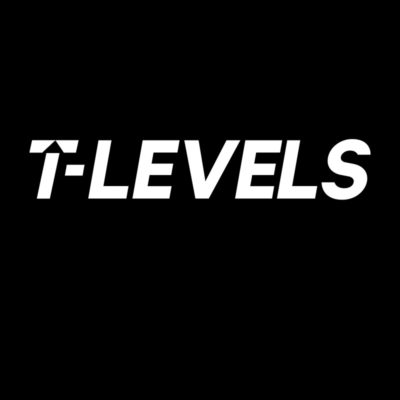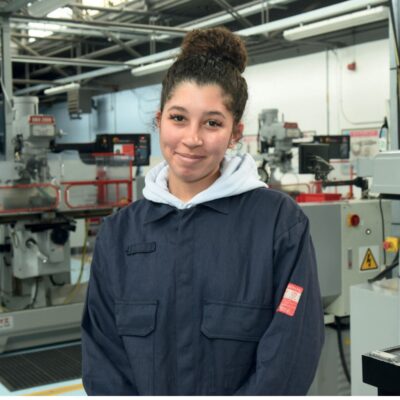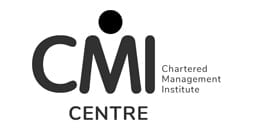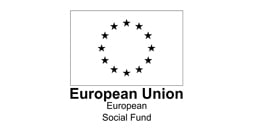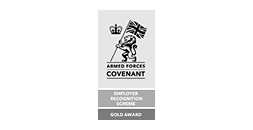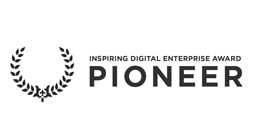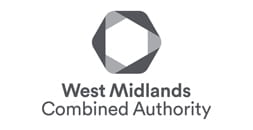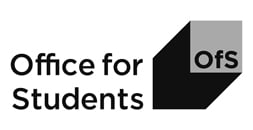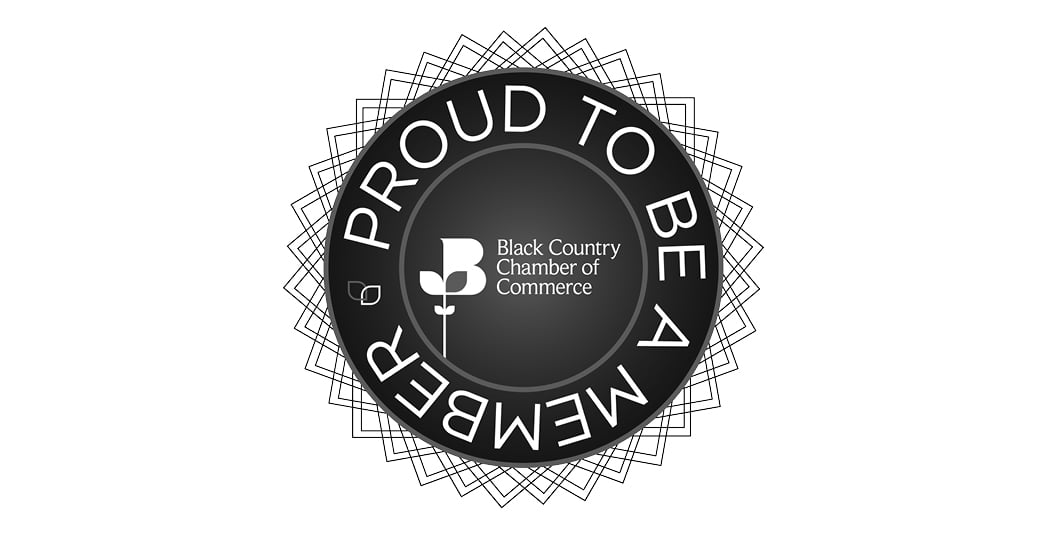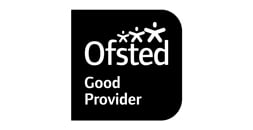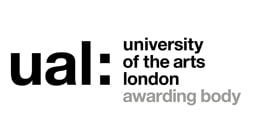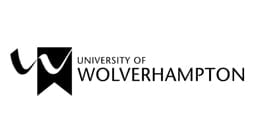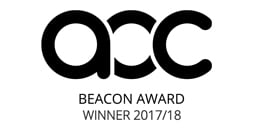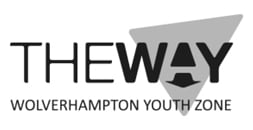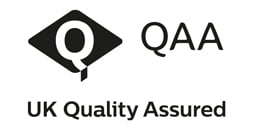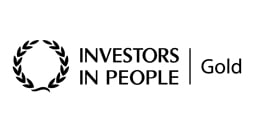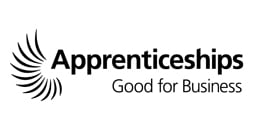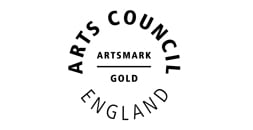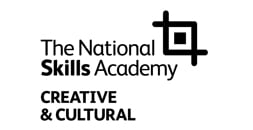
Whether you want to cut it as a hairdresser, kick-off a career in the sports industry, cook up great things as a chef, or get your future in the motor vehicle industry on the road, doing a work experience placement is an important part of your course.
It’ll give you the opportunity to get hands-on in a real job and find out what it’s like to work in your chosen industry, as well as put the skills and knowledge you’ve been learning in the classroom into practice in the workplace.
It’s a great way to show employers what you already know too – and if you’re enthusiastic, willing to do any task you’re asked, and demonstrate that you’re keen to learn more, it might even lead to a job offer or an apprenticeship with the company when you’ve completed your qualification.
The length of your work experience will depend on the qualification you are doing – the majority of courses require you to do a short placement of around 30 hours however, for some qualifications, the placement will be longer – you will be advised of this as part of your admissions interview.
For some courses there will be an expectation that you find a placement yourself, whereas in others your tutor will arrange it for you.
Some placements are done as a block release of one or two weeks, but in others you will be expected to attend your placement on a weekly basis.
When considering a suitable work experience placement it’s important to think about how it will benefit your future career and enhance your learning, as well as the practicalities of getting there – if you travel by public transport is there a stop near to where you need to get to, or if you travel by car whether there is parking nearby.
You’ll also need to factor in travelling time too to make sure you are at the placement and ready to start work at the time the employer states.
We understand that doing a work experience placement might be a bit daunting, but your tutors will spend time in the classroom preparing you for it, including important employability skills such as timekeeping, communication and appearance, as well as providing information on financial support available to help with travel costs.
Where possible, your work experience co-ordinator will visit you during your placement to talk to your employer about how you are getting on.
Our students have benefited from work placements in a wide range of companies – including small local businesses with just a few staff, public sector bodies employing thousands of people, and large international organisations with employees all across the world – and whatever size the company, each placement offers a real-life insight into working in the relevant industry.
Remember, work experience is a fantastic opportunity to demonstrate your skills, enhance your learning and gain industry knowledge from those already working in the sector – all of which will look great on your personal statement or CV when you’re applying to university or for a job in the future.
For more information contact the work experience team:
Tel:01902 317543
Work Experience Abroad
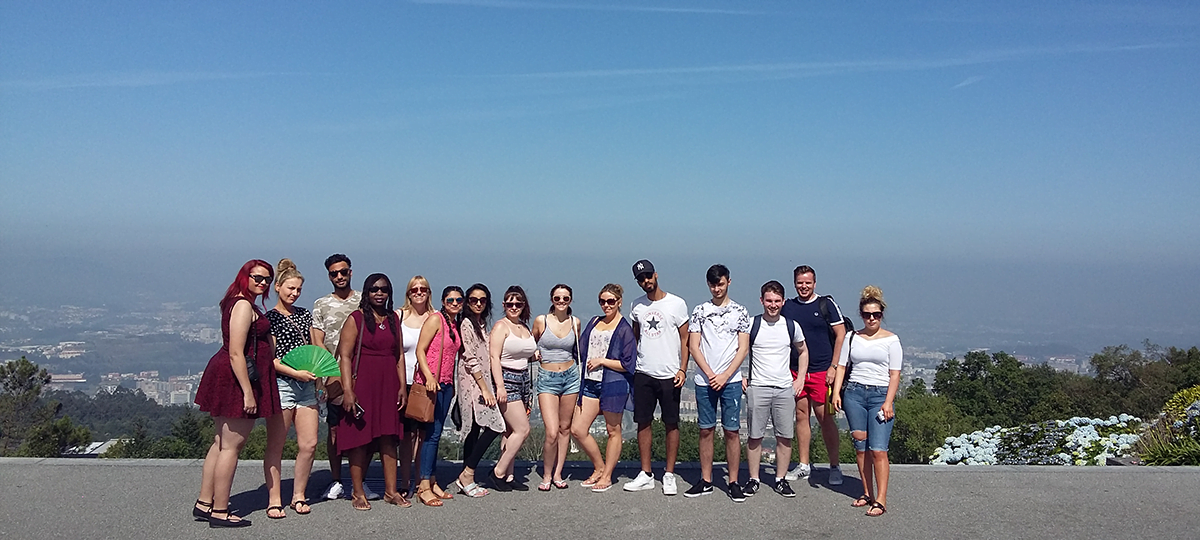
These programmes have enabled students to travel and work with a number of different organisations in Italy, Spain, Germany and Portugal.
One real benefit of the programme is that it has enabled students to get an in depth insight into the working world as well as exceptional experience in a different culture.
Whilst abroad, students will be placed in a company related to their area of study and complete a work placement. During their free time students get the chance to explore the local area as well as neighbouring towns and cities.
Eligible students must be 18+ and on one of the below courses.
The subject areas that are available for placements are:
- Travel and Tourism
- Creative Arts (including: Media, Music, Art & Design, Games, Photography and Performing Arts)
- Business Studies
- ICT
- Hospitality and Catering
- Engineering
- Hair and Beauty
- Early Years
- Health and Social Care
A major benefit of the Turing Scheme is that it is fully funded. Students do not have to pay for anything, this includes: travel, accommodation and food; it really is a fantastic opportunity! Some other benefits to students include the following:
- Builds confidence, communication, independence
- Chance to travel abroad and explore new cultures for free
- Gives you an edge with university applications and employers
- Work based skills; initiative, team working skills, decision making and problem solving

Take a look at our project blog for photographs and information about previous programmes.

